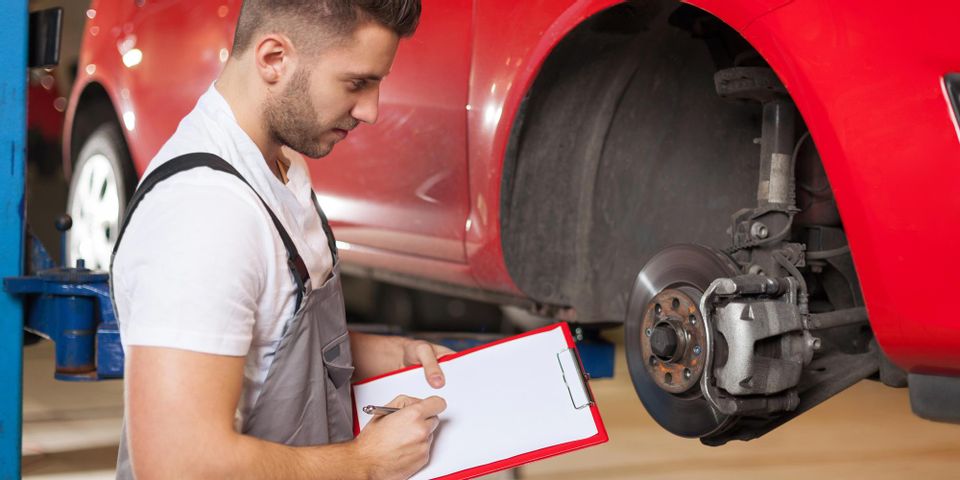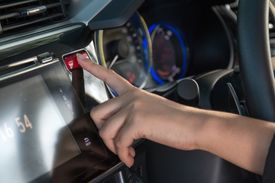The Important Do’s & Don’ts When Brakes Fail

The brakes on your vehicle are arguably its most important safety feature. As a driver, you trust that they’ll work every time you need them. But though it’s rare, a lack of maintenance or manufacturer defects, among other reasons, cause them to fail, and the aftermath can be catastrophic. So, what should you do if you find yourself in this harrowing predicament?
Do:
Slow down.
Among the first actions to take is to reduce your speed. Shifting into a lower gear turns down engine power and decelerates the vehicle gradually. If you’re driving a car with an automatic transmission, ease your foot off the pedal or tap the paddle shifters to lower the gears. For manual transmissions, engage the clutch and downshift to the lowest gear to slow down.
Engage the emergency brakes.
Most cars come with parking or emergency brakes that can bring your vehicle to a full stop. However, suddenly engaging them can cause the vehicle to skid, so it’s crucial to do it cautiously while maintaining control. Bear in mind that emergency brakes only have half the stopping capability of standard ones, taking twice as much time and distance to come to a complete halt.
Get safely off the road.
 Once you’ve reduced your speed, the next action to take is to pull out of traffic. Use turn signals when shifting lanes and beep the horn repeatedly to alert other motorists of your need to pull over. Keep your hazard lights on as you find a spot to stop your car.
Once you’ve reduced your speed, the next action to take is to pull out of traffic. Use turn signals when shifting lanes and beep the horn repeatedly to alert other motorists of your need to pull over. Keep your hazard lights on as you find a spot to stop your car.
Don’t:
Panic.
While easier said than done, having a clear head will help you take control of the situation and remember what you must do next. Panicking only worsens matters and results in dangerous consequences, like accidents and high-impact collisions.
Pump the brakes.
Know whether you have an anti-lock braking system (ABS) or not. If you do, avoid pumping the brakes and, instead, apply strong pressure on the pedal until it reaches the floor. Once you feel a strong vibration, it means that the ABS has kicked in to stop your car. But, if you don’t have anti-lock brakes, pump the pedal three to four times to build up enough pressure in the lines to stop.
Switch the car off before stopping.
When your brakes go out, refrain from abruptly switching off your car. Tempting as it may be, turning it off is more dangerous since this will lock the steering wheel and cause you to lose control of the vehicle. Cut off power when you’ve come to a full stop, and don’t try to restart your engine.
Make sure your brakes are in great shape with routine maintenance from Springdale Automotive. As the premier car service center in West Chester, OH, they offer a full range of automotive services including transmission repairs, tire replacements, wheel alignments, engine maintenance, and 24/7 towing. Call them at (513) 860-2760 or visit their website to schedule an appointment.
About the Business
Have a question? Ask the experts!
Send your question

